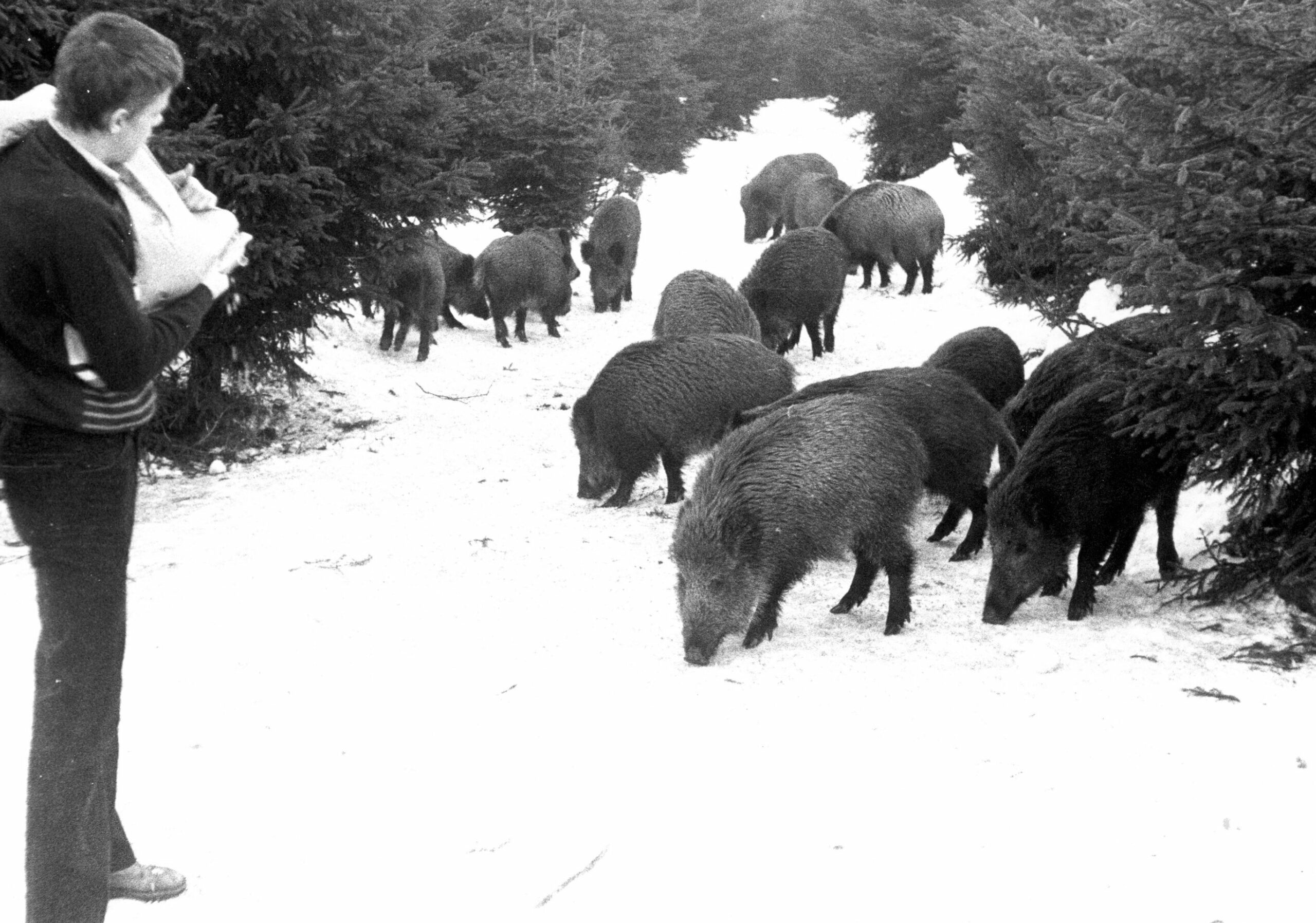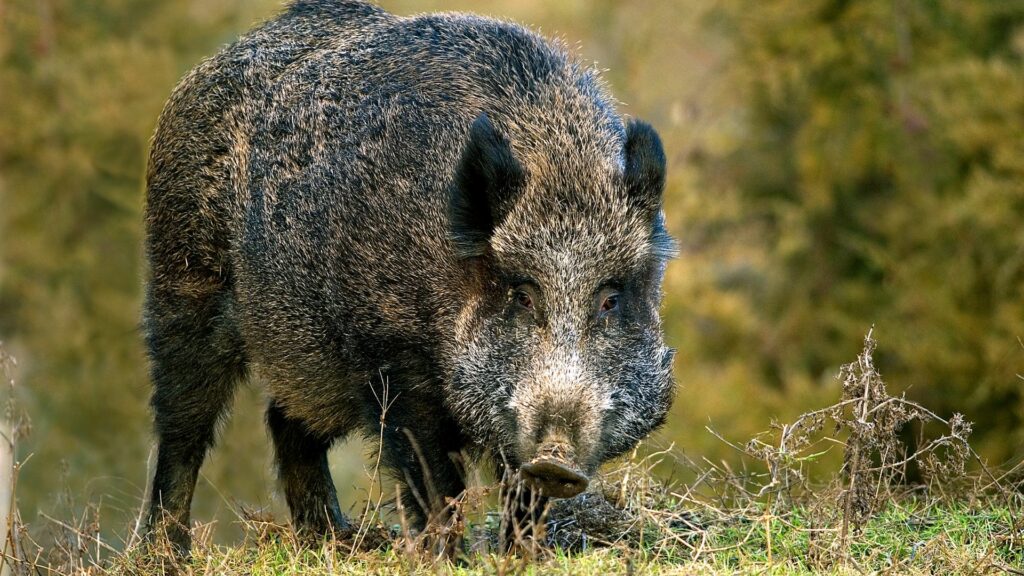In Belgium, the once-rural issue of wild boar populations has escalated into a nationwide crisis, with cities and countryside alike bearing the brunt of their destructive foraging habits.
From torn-up lawns and damaged pavements in urban centres to ravaged cereal fields and corn seedlings in rural areas, the impact of wild boars is increasingly evident and costly.
Fuelled by changing human behaviour, unpredictable weather patterns, and their own remarkable adaptability, wild boars have rapidly expanded their territory over the past few decades. The staggering rise in wild boar populations has led experts to estimate a tripling in numbers in Wallonia alone over the past 20 years. Annual hunting statistics reflect this surge, with the number of wild boars hunted annually ballooning from 10,000 to 30,000 between 2000 and 2024.
This population explosion isn't confined to rural regions. Wild boars are boldly venturing into urban areas across Belgium, attracted by the promise of shelter and food sources. Experts warn that traditional hunting methods may exacerbate the issue, as disturbances in forested areas only drive more boars into urban environments, where they find ample sustenance and minimal threat.
The phenomenon of urban colonisation by wild boars is not unique to Belgium, with European cities witnessing similar trends. France's Seraing was among the first to experience large-scale urban infiltration, with other Walloon towns swiftly following suit. Notably, Charleroi has seen a significant wild boar presence in recent years, with sightings even within the city centre.

Wild boars in the Ardennes. Credit: Belga archives
Brussels appears to be the next frontier for wild boar expansion. Sporadic sightings within the city suggests that the Belgian capital possesses all the necessary elements to attract these animals further.
However, this expansion is far from welcomed by residents and farmers alike, who endure substantial property damage and agricultural losses. In 2022 alone, the Public Service of Wallonia recorded crop damages totalling €746,839 – a figure dwarfing damages caused by other wildlife such as deer.
Beyond the visible damages to crops and property, wild boars also wreak havoc on ecosystems, impacting plantations, preying on ground-nesting species, and threatening vulnerable wildlife populations. Conservationists underscore the urgent need to manage wild boar populations to mitigate these ecological disruptions, though many acknowledge the challenges inherent in curbing their numbers.
As Belgium grapples with the escalating wild boar crisis, stakeholders must devise comprehensive strategies that balance population control with ecological conservation, lest the nation's urban and rural landscapes fall prey to further devastation.

